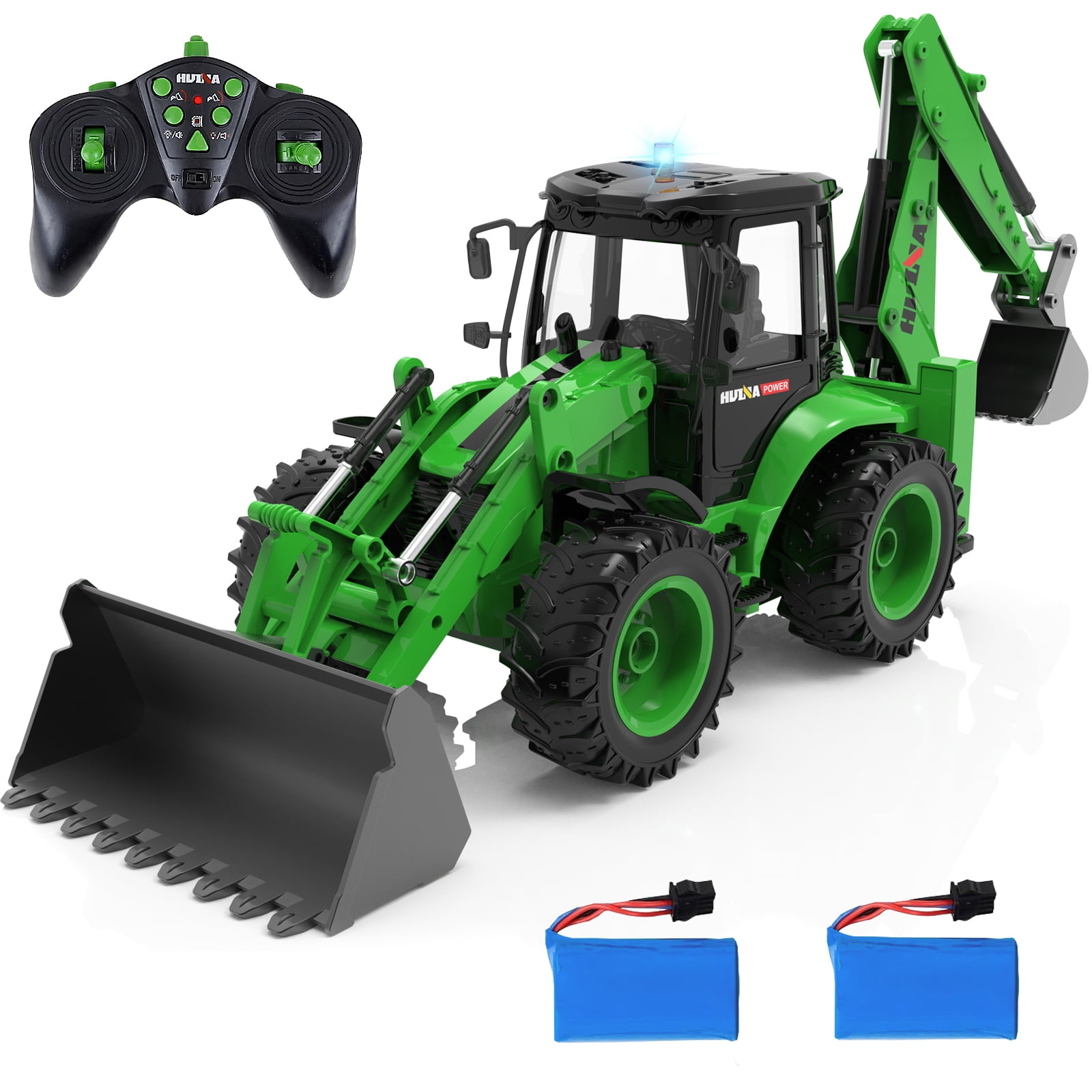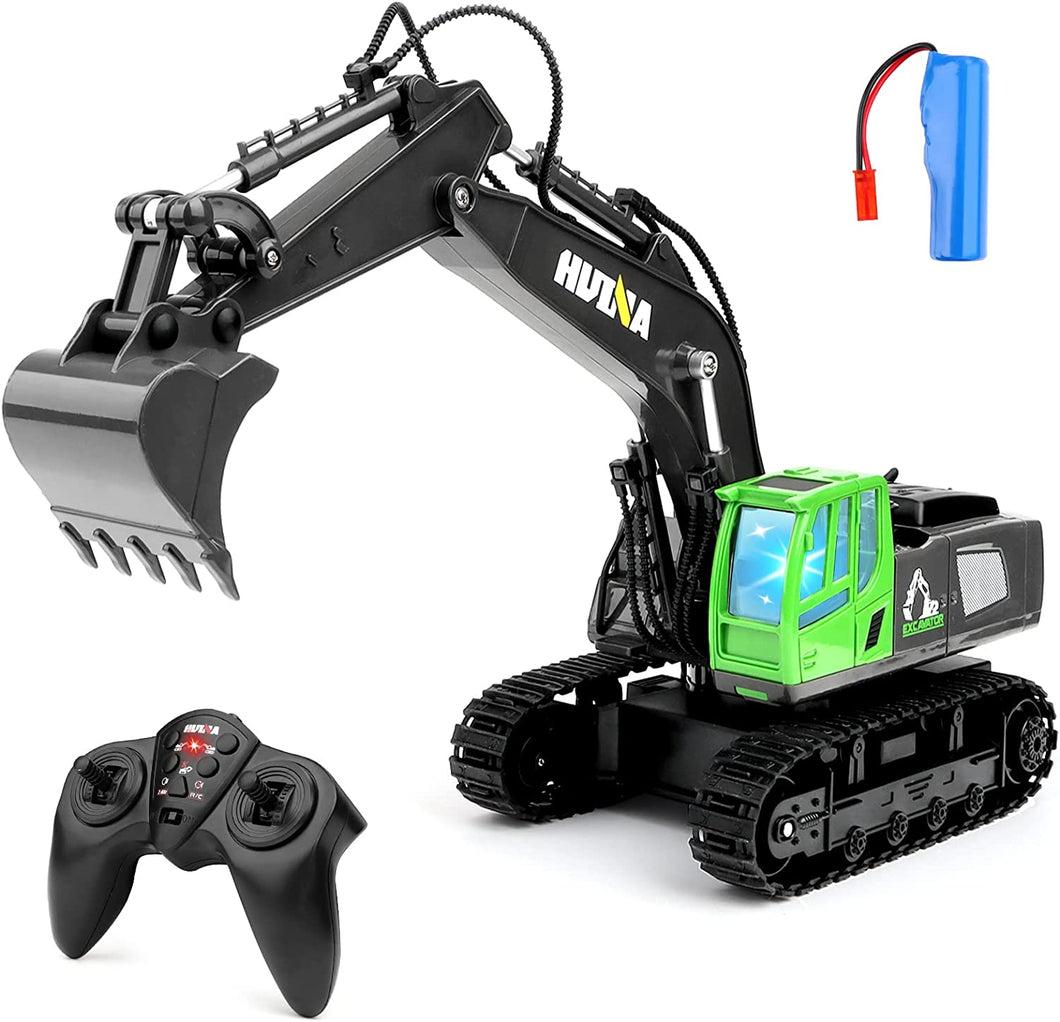Discover the Value of Excavator in Modern Construction Projects
Excavators are crucial tools in modern building and construction tasks. Their versatility permits them to perform a broad array of tasks, from digging and grading to demolition and website preparation. Advanced attributes, such as hydraulic attachments and GPS, boost their capabilities and efficiency on task websites. As the sector progresses, the relevance of excavators grows even extra. Understanding their duty can reveal understandings right into the future of building and construction practices. What lies ahead for these makers?
The Convenience of Excavators in Various Projects
Although excavators are commonly linked with large-scale construction projects, their flexibility enables them to be made use of in a wide variety of applications, from household landscaping to utility upkeep. In metropolitan settings, excavators can navigate limited areas to dig foundations for homes or set up drain systems. Their capability to perform delicate jobs makes them excellent for landscape design tasks, where they can dig deep into for ponds or plant trees. Furthermore, excavators play a necessary function in utility maintenance, efficiently excavating trenches for pipes or cords without interrupting bordering locations. In agricultural applications, they help in land clearing and dirt preparation. In addition, their versatility allows them to be geared up with different attachments, improving their functionality across various jobs. This multifaceted nature of excavators not only streamlines numerous building processes yet likewise demonstrates their essential duty in modern-day infrastructure growth and maintenance.
Trick Features and Kinds Of Excavators
The conversation on key functions and kinds of excavators highlights the important attributes that make these makers vital in building. Numerous excavator kinds, each created for specific tasks, show their adaptability and performance across different applications. rc excavator. Comprehending these attributes and classifications is crucial for optimizing their use in modern-day building and construction projects
Excavator Types Review
Excavators play a pivotal function in contemporary building, using versatility and efficiency across numerous tasks. These heavy machinery units come in numerous kinds, each customized for particular applications. One of the most typical kinds consist of spider excavators, recognized for their security on uneven terrain, and wheeled excavators, which give better mobility on paved surface areas. Miniature excavators are favored for small-scale tasks and limited areas, while long-reach excavators are designed for deep excavating. In addition, there are specialized excavators, such as hydraulic excavators, which enhance power and precision. Each type includes special capacities, making them important for jobs varying from digging and grading to demolition and product handling. Recognizing these variants allows building and construction specialists to pick the appropriate excavator for their task requires.
Secret Features Explained
Understanding the vital attributes of excavators improves their efficient application in building tasks. Excavators are defined by their powerful hydraulic systems, which provide the essential force for excavating, lifting, and moving products. Their articulated arms allow for a broad array of activity, assisting in specific operations in constrained areas. Furthermore, the selection of accessories, such as buckets, grapples, and augers, broadens their versatility to fulfill different task needs. The dimension and weight of excavators additionally add to their security and ability to move on various surfaces. Additionally, advancements in technology have brought about the combination of GPS and automation, enhancing accuracy and effectiveness in excavation tasks. These attributes collectively position excavators as important devices in modern construction.
Applications in Construction
Transforming building websites, excavators play an essential duty throughout numerous applications, ranging from property structure projects to large framework advancements. These functional devices are geared up for jobs such as digging structures, trenching for energies, and website grading. Various types of excavators, consisting of crawler, wheeled, and mini excavators, offer specific advantages customized to the project needs. Crawler excavators master rough terrains, while rolled excavators use movement on paved surface areas. Miniature excavators are excellent for constrained areas, making them popular in metropolitan setups. The performance and power of excavators considerably quicken building processes, making sure timely job completion. Their adaptability even more improves their importance, allowing construction groups to deal with a varied selection of obstacles properly.
Enhancing Performance and Productivity on Task Sites
Making best use of efficiency and efficiency on work sites is an important objective in modern-day building and construction. Excavators play a pivotal function in attaining this objective by streamlining numerous tasks. Their capacity to carry out multiple features-- such as grading, excavating, and training-- decreases the need for added equipment, thereby conserving time and resources.Moreover, excavators enhance workflow by permitting faster conclusion of jobs. With sophisticated features like hydraulic add-ons and GPS modern technology, they can perform precise procedures that minimize mistakes and rework. This accuracy not only boosts the quality of work however additionally optimizes product usage, contributing to set you back savings.The adaptability of excavators allows them to adjust to different site conditions, making sure that projects progress efficiently no matter challenges. By incorporating excavators into construction procedures, teams can greatly enhance their total efficiency, leading to prompt task conclusion and raised productivity.
Safety Benefits of Utilizing Excavators
Excavators substantially improve safety on building and construction sites via boosted driver visibility and minimized hand-operated labor risks. By giving operators with a clear view of their surroundings, excavators help to stop mishaps and injuries. In addition, the machinery lessens the requirement for employees to take part in unsafe hands-on tasks, better advertising a more secure job atmosphere.
Improved Operator Exposure
Although building sites can be chaotic and full of prospective risks, boosted driver exposure plays a necessary function in making certain safety and security when using excavators. Modern excavators are designed with big, unhampered home windows and tactically put mirrors, enabling drivers to maintain a clear sight of their surroundings (rc excavator). This enhanced visibility is vital for detecting pedestrians, other equipment, and different challenges, substantially minimizing the risk of mishaps. Additionally, several excavators include innovative technology, such as sensors and cams, to offer drivers with extra perspectives, additionally boosting recognition. The capability to see even more plainly not only help in effective procedure yet likewise fosters a more secure work environment, making it less complicated for operators to navigate complex building and construction sites without compromising safety criteria
Lowered Manual Work Risks
When manual work is lowered through using excavators, numerous safety and security benefits arise, considerably improving the wellness of building employees. Excavators reduce the physical pressure linked with hefty lifting and repeated jobs, properly decreasing the danger of bone and joint injuries. By automating procedures such as digging, grading, and moving materials, they permit employees to maintain a much safer distance from prospective dangers. In addition, excavators are furnished with sophisticated security functions, such as rollover defense systems and boosted operator functional designs, which additionally secure workers on website. The result is a significant reduction in work environment crashes and injuries, leading to raised efficiency and spirits amongst building and construction groups. Eventually, the fostering of excavators contributes to a much safer and much more efficient building and construction atmosphere.
Excavators in Earthmoving and Site Preparation
In contemporary construction, a substantial section of earthmoving and website prep work tasks counts on the effectiveness and flexibility of excavators. These devices are designed to deal with various soil kinds and terrain, image source making them important for grading, excavating, and trenching tasks. Their hydraulic arms can be outfitted with various attachments, such as augers and buckets, enabling operators to personalize their method based upon certain project requirements.Excavators excel at moving huge quantities of earth quickly and effectively, which accelerates the total building and construction timeline. They can navigate tight rooms and challenging sites where traditional equipment might struggle, improving productivity. Furthermore, the precision of excavators guarantees that site preparation sticks to stringent requirements, lessening the risk of errors that might lead to pricey rework.
The Duty of Excavators in Demolition Tasks
Excavators play a crucial role in demolition jobs, as they possess the power and agility required to dismantle structures successfully. Furnished with various attachments such as hydraulic breakers, shears, and grapples, these makers can adapt to different demolition needs, whether for small structures or huge industrial websites. Their versatility allows drivers to tackle complex tasks while keeping safety and security and precision.In addition to their demolition capacities, excavators facilitate particles elimination, making sure that work websites stay secure and organized. By damaging down frameworks right into convenient items, they permit structured clearing up and recycling of materials, straightening with contemporary sustainability efforts.Moreover, excavators can access limited why not try here spaces and navigate unequal terrain, making them vital in city demolition tasks. Overall, their robust design and multifunctionality make excavators a critical possession in the demolition stage of building and construction, adding significantly to job timelines and performance.


Future Trends in Excavator Innovation and Use
As the construction market advances, innovations in excavator technology are poised to transform their usage and performance considerably. One considerable pattern is the assimilation of automation and synthetic intelligence, enabling excavators to run with marginal human intervention. This change will certainly boost precision in tasks such as grading and trenching, minimizing human error and increasing productivity.Additionally, the increase of electric and hybrid excavators is shaping an extra sustainable building and construction atmosphere, lowering carbon exhausts and fuel costs. Boosted telematics systems are additionally emerging, making it possible for real-time monitoring of equipment performance and maintenance requirements, which can lead to far better operational performance and longer devices lifespan.Moreover, improvements in attachment modern technology are broadening the versatility of excavators, allowing them to carry out a broader array of tasks. The combination of these fads demonstrates a future where excavators are smarter, greener, and a lot more adaptable, ultimately improving building project dynamics.
Frequently Asked Inquiries
Just How Do Excavators Compare to Other Construction Machinery?
Excavators, defined by their versatility and power, master excavating and earthmoving contrasted to other equipment. Their ability to execute various jobs, consisting of training and demolition, makes them vital in construction jobs, improving overall efficiency.

What Is the Typical Life-span of an Excavator?
The typical life-span of an excavator normally varies from 7,000 to 10,000 operating hours, depending on upkeep, usage conditions, and model. Correct treatment can extend this life expectancy, ensuring peak efficiency throughout its operational years.
Just How Are Excavators Maintained for Ideal Performance?
Excavators require routine maintenance for peak efficiency, consisting of regular evaluations, liquid checks, filter replacements, and prompt repair services. Implementing a preventative maintenance routine aids extend their life expectancy and warranties effective procedure in various building and construction atmospheres.
What Are the Costs Connected With Purchasing an excavator vs. renting out?
The prices related to purchasing an excavator versus renting differ substantially. Leasing click over here now offers reduced upfront expenditures however can accumulate with time, while acquiring needs a considerable first financial investment, yet supplies long-term savings and property possession benefits.
What Training Is Required to Run an Excavator?
Running an excavator requires specialized training, usually including safety procedures, equipment procedure techniques, and environmental recognition. Qualification programs frequently mandate useful experience, allowing drivers to manage various jobs efficiently while guaranteeing compliance with market laws. The most usual kinds consist of crawler excavators, recognized for their security on irregular terrain, and wheeled excavators, which offer better wheelchair on paved surfaces. Small excavators are preferred for tight rooms and small-scale projects, while long-reach excavators are created for deep excavating. Furthermore, there are customized excavators, such as hydraulic excavators, which boost power and precision. Various types of excavators, including spider, rolled, and mini excavators, offer particular advantages tailored to the task needs. Spider excavators excel in harsh surfaces, while wheeled excavators use mobility on smooth surface areas.
Comments on “The Ultimate Guide to Mastering the Use of a rc excavator on Your Construction Site”